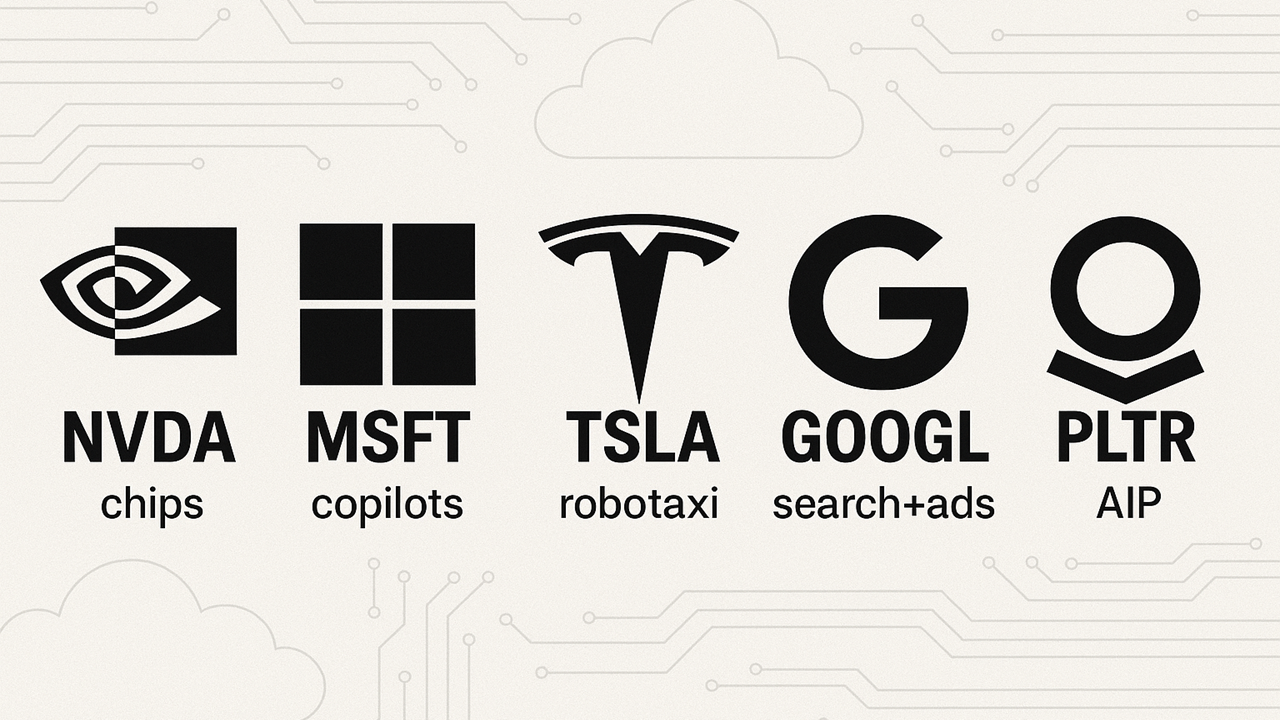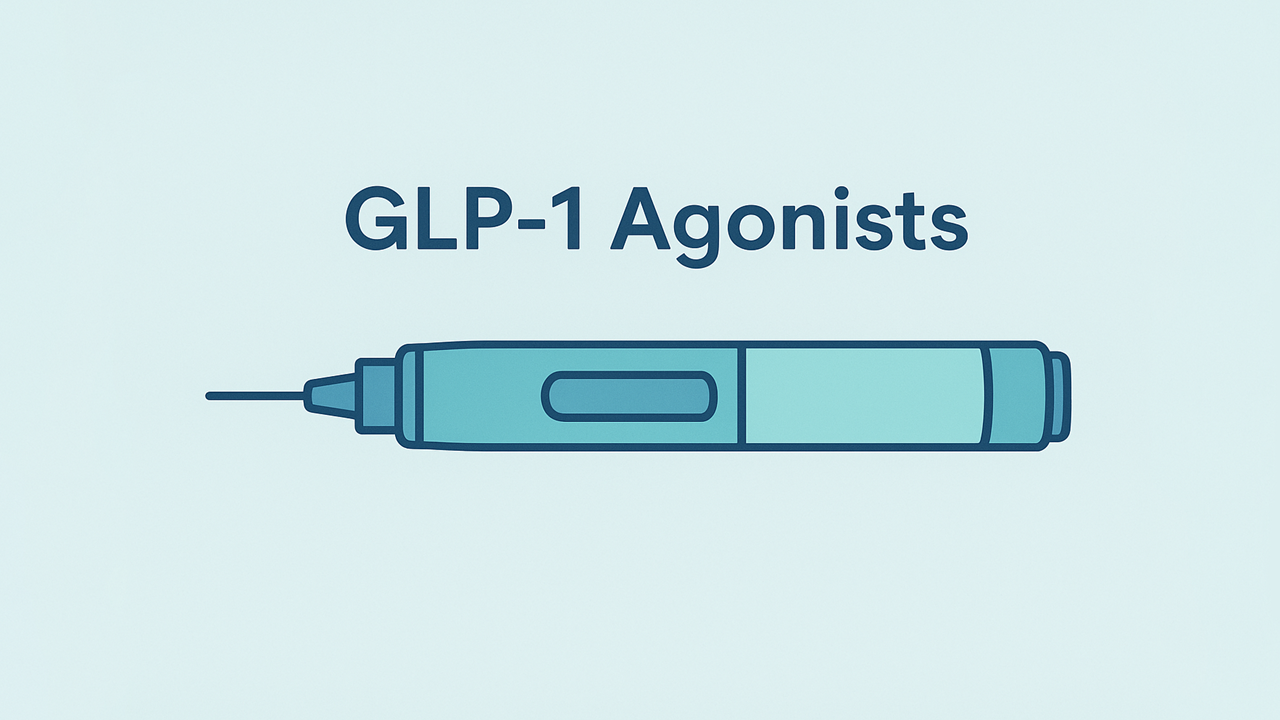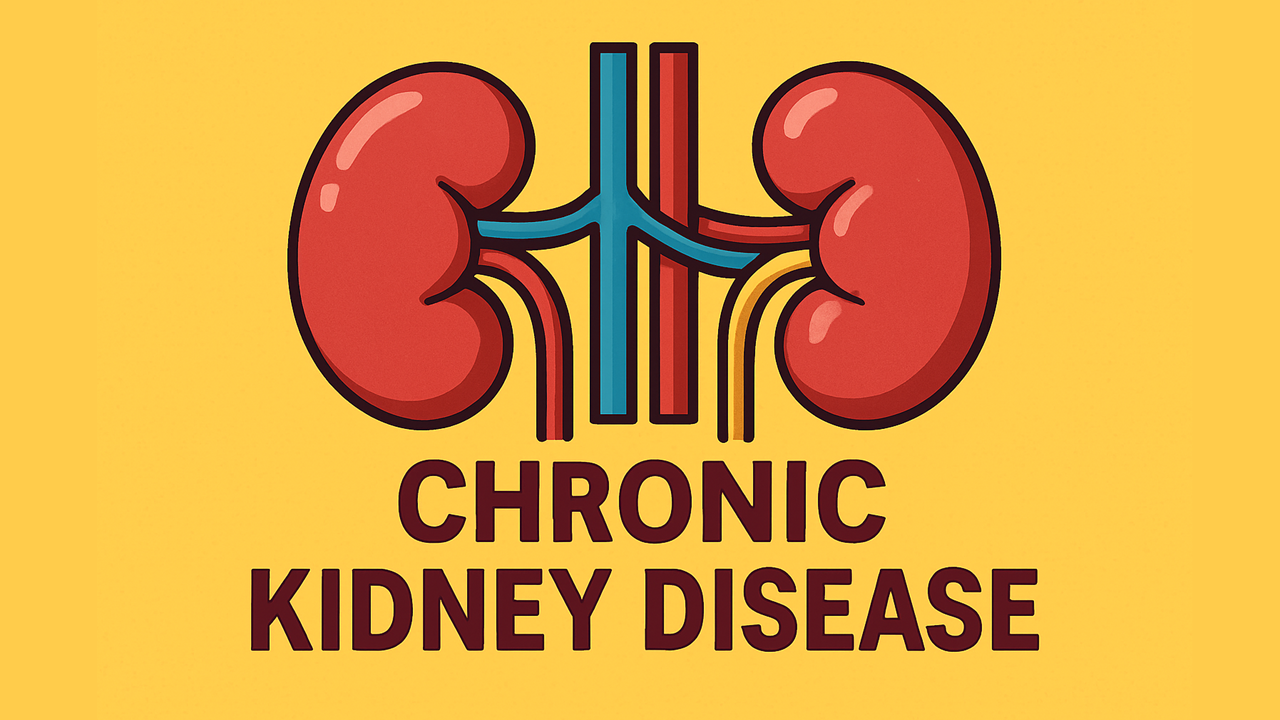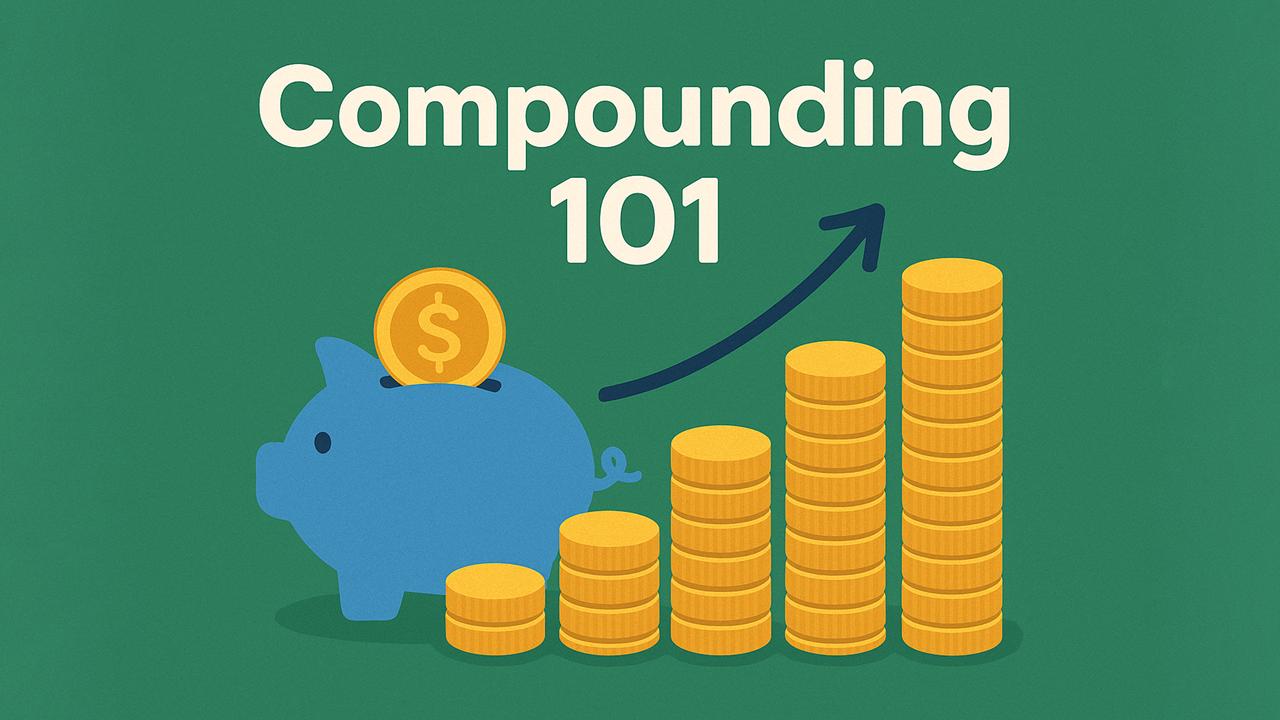VPN vs. Tor: Which Offers Better Privacy and When to Use Each
VPNs and the Tor network both encrypt your internet traffic and hide your location, but they achieve these goals with different methods and trade-offs. Some people simply need a private, convenient solution that works seamlessly in daily life. Others prioritize high-level anonymity, no matter the performance cost. This article will break down how each technology functions, compare them on critical criteria like speed and security, and detail exactly when to use one or the other—or both together.
Understanding the difference is essential. VPNs generally shine in areas like fast browsing, streaming, and overall user-friendliness. Tor, on the other hand, is designed for maximum anonymity and censorship resistance, but it’s slower and restricted. Read on for a thorough comparison that will help you decide which tool is right for your privacy needs.
What Is a VPN?
A Virtual Private Network (VPN) creates a securely encrypted tunnel between your device and a server operated by the VPN provider. All your internet traffic passes through this tunnel, preventing outsiders—like your internet provider or local network snoops—from seeing the data you exchange with websites or online services. Using a VPN also replaces your real IP address with the VPN server’s IP, so external websites only recognize that server’s location.
Most reputable VPNs use strong encryption and secure protocols to protect your traffic. By running a VPN app on your device, you have an easy “on/off” switch for this encrypted tunnel. Premium VPNs typically offer large server networks worldwide, allowing you to route traffic through different countries. That’s why they’re popular for unblocking region-locked streaming content or bypassing moderate censorship. While any VPN can slightly slow your connection, a quality service typically only causes a minimal drop in speed, making it suitable for daily browsing, torrenting, and HD streaming.
One crucial point with VPNs is trust. You’re sending all of your traffic to the VPN provider’s server, so it’s vital to choose a no-logs VPN that won’t record or analyze your activity. Some providers publish independent audits to confirm that they truly do not track users.
What Is Tor?
Tor—short for The Onion Router—is a free, open-source network designed for anonymity. When using Tor (often through the Tor Browser), internet requests are routed through a series of volunteer-run servers (relays or nodes), each adding or peeling away a layer of encryption. By the time your data arrives at the final “exit node,” tracing that traffic back to you is extremely difficult.
Tor focuses on keeping the user anonymous. Instead of trusting a single company with your activity, the traffic is distributed across many community nodes worldwide. This eliminates centralized logging but introduces significant slowdowns because each relay adds latency and because Tor’s multi-layer encryption is more resource-intensive. Many sites block Tor traffic by default, and your ISP can detect Tor usage (even though it can’t see your activity) because connecting to Tor entry nodes is generally obvious.
Tor excels when your priority is strict anonymity, especially in environments with heavy surveillance or censorship. It also provides access to hidden “.onion” services only reachable within the Tor network. However, for everyday tasks requiring speed—like streaming or large downloads—Tor’s performance is often impractically slow.
Privacy vs. Anonymity
Privacy and anonymity are related but distinct goals:
VPNs prioritize privacy: The VPN hides your real IP from the public and your ISP, encrypts all your traffic, and allows normal-speed web usage. However, you must trust the VPN provider with your unencrypted traffic at its server.
Tor prioritizes anonymity: Tor’s distributed structure ensures no single relay knows both your identity and your destination. You don’t need to sign up or pay a subscription. Tor aims to keep your real-world identity hidden, though it slows your connection and can block or complicate certain activities.
In short, a VPN keeps your browsing private but depends on trusting the VPN service not to log you. Tor removes that central authority but at the cost of speed, plus some site compatibility issues. Both solutions hide your IP from the sites you visit, but each has a different approach to who or what you rely on.
Speed and Performance
One big practical difference between VPNs and Tor is speed:
VPNs: Single-hop encryption and a direct route to a VPN server typically create only a mild slowdown. Good providers offer fast, modern protocols (like WireGuard) that handle HD streaming and large downloads with minimal buffering.
Tor: Multi-hop routing across volunteer relays introduces large latency. Traffic can pass through multiple countries in random sequence, significantly reducing speed. Tor simply isn’t built for data-intensive tasks like streaming or file-sharing; most users notice a major slowdown. As a reference, Proxy Servers are still faster than Tor, despite them being known for slow speeds.
As a result, choosing Tor for everyday tasks can be frustrating. For example, if torrenting, even though using Tor would virtually provide more security, the speeds at which the download occurs will not be practical. If your main concern is just anonymity while checking certain sites or posting to forums, Tor’s slow performance might be acceptable.
Security and Trust
VPN security and trust: A well-implemented VPN uses robust encryption so that no external party can decode your traffic. The VPN server “sees” your traffic but a good provider won’t store or inspect it. Some well-known VPNs undergo third-party audits to prove their no-logs claims. Nonetheless, using a VPN means implicitly trusting a company or provider to handle your data responsibly.
Tor security and trust: Tor’s multi-layer design means no single relay can see both your IP and your destination. The trade-off is that the final exit node does see the unencrypted traffic sent to your chosen site (if the site itself isn’t encrypted). Malicious exit nodes have occasionally exploited or sniffed insecure data. Tor also faces potential adversaries running many relays or performing sophisticated traffic analysis across the network, though these are specialized, high-level attacks.
When to Use a VPN
Everyday private browsing and streaming: A VPN is ideal for daily life—most people want quick loading, minimal hassle, and a safer connection, all of which a VPN accomplishes with minimal overhead.
Downloading and torrents: VPNs mask your IP while providing the high bandwidth needed for peer-to-peer sharing. Tor isn’t built for large file transfers.
Public Wi-Fi security: VPN encryption thwarts potential eavesdroppers on coffee shop or airport Wi-Fi.
Bypass geo-restrictions: VPNs excel at letting you “appear” in another country for streaming and other location-based services.
All-device protection: A VPN app runs at the system level, securing any connected apps or browsers automatically.
When to Use Tor
Maximum anonymity for critical matters: Tor’s multi-hop architecture offers extremely high anonymity for those who fear targeted surveillance or who handle sensitive disclosures.
Access hidden (onion) services: Some websites and platforms only exist in the Tor network. Tor Browser is the only way to reach them.
Evade strict censorship: In heavily monitored or censored regions, Tor’s obfuscation and decentralized approach can outmaneuver nationwide blocks. Techniques like bridges help users connect when Tor is otherwise blocked.
No trust in centralized services: Tor doesn’t rely on a single provider. If a user wants to avoid account creation or payment details, Tor is entirely free and community-run.
Research sensitive topics: Because Tor Browser sandboxes sessions, it reduces the risk of cross-site tracking or linking your identity to specific research queries.
Combining VPN and Tor
For advanced use cases or to add extra layers of protection, it’s possible to use both at once:
Tor over VPN: This common setup involves first connecting to a VPN, then opening the Tor Browser. Your ISP sees only an encrypted VPN tunnel, not Tor traffic. Tor relays see the VPN’s IP, not yours. This method also prevents malicious Tor exit nodes from viewing your raw traffic.
VPN over Tor: A more complex approach where the device routes traffic into Tor, then inside Tor it connects to a VPN. This typically is not recommended for general users due to very slow performance and complicated configurations. It’s also less beneficial for most scenarios.
While combining both can enhance privacy, the slowdown is significant. Typical users rarely need both, but in high-stakes contexts, Tor over VPN can provide an extra measure of anonymity while hiding Tor usage from local networks.
Conclusion
Both VPNs and Tor bolster online privacy but serve somewhat different purposes. VPNs are a smooth, high-speed solution that encrypts all traffic and protects against snooping, requiring trust in the chosen VPN provider. Tor offers the strongest path to anonymity by relaying traffic through multiple volunteer nodes, but slows connectivity and can be blocked by some websites.
In everyday contexts—streaming, large downloads, or overall system-wide protection—a VPN is an excellent fit. For accessing hidden services, researching very sensitive topics, or protecting identity against major surveillance, Tor is the stronger choice. When even more security is needed, one can use Tor over a VPN for layered privacy. Ultimately, the decision depends on which dimension is more important: practical speed or maximum anonymity. By understanding the trade-offs, anyone can pick the right tool to match their unique privacy needs.





























